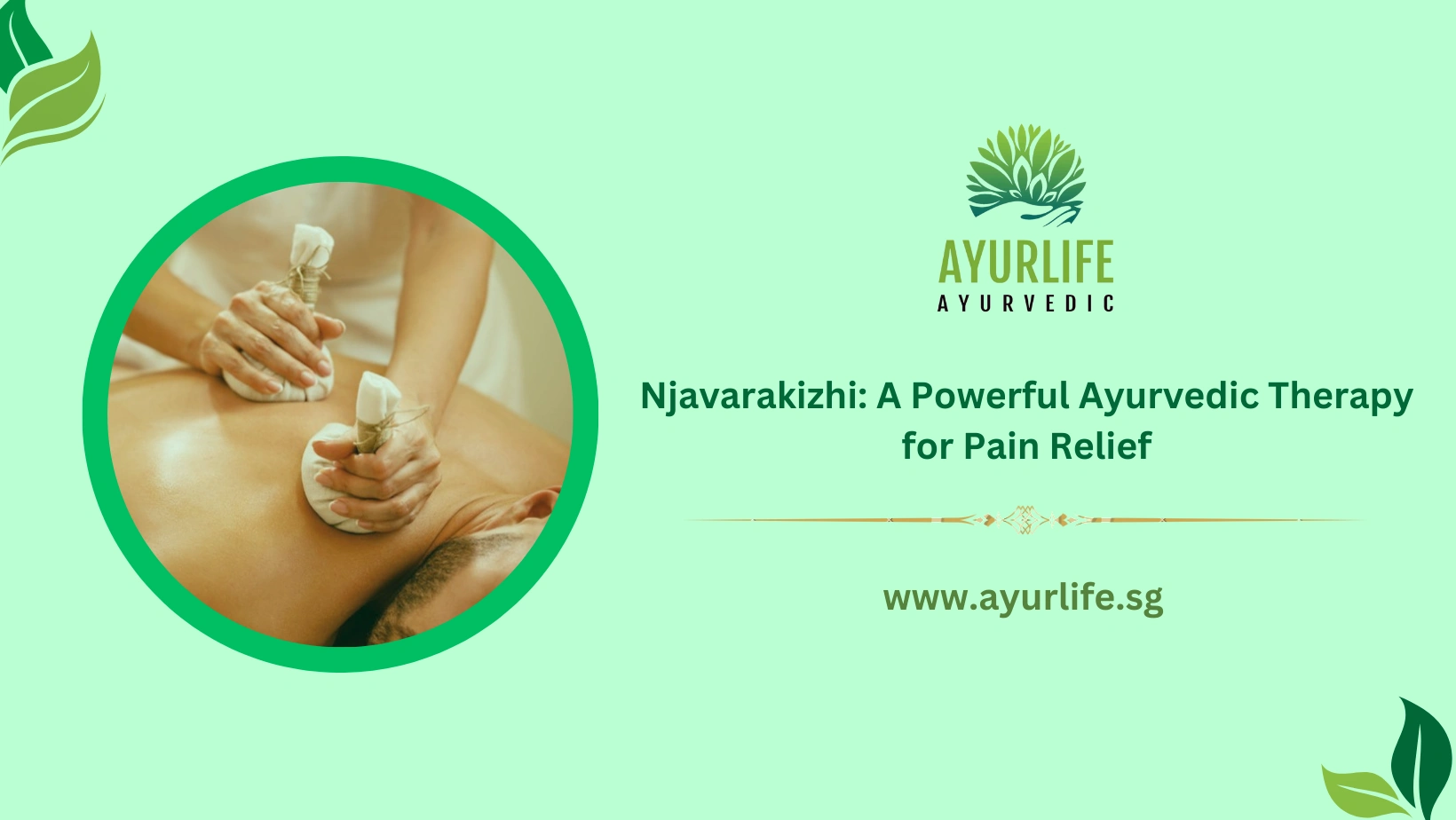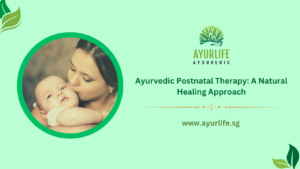Traditional therapies in Ayurveda provide several physical and mental health advantages. Among these age-old procedures, Njavarakizhi Ayurvedic Therapy stands out as an effective pain reliever, rejuvenator, and revitalizer. This one-of-a-kind therapy, based on ancient knowledge, combines medicinal rice boluses, therapeutic oils, and massage methods to relieve pain, restore energy, and increase mobility.
What is Njavarakizhi Ayurvedic Therapy?
Njavarakizhi, also known as Shashtika Shali Pinda Swedam, is an Ayurvedic therapy in which tiny boluses of Njavara rice are dipped in a warm, medicinal decoction and applied to the body in synchronized fashion. The therapy’s name comes from Njavara rice, a rare kind with strong medicinal potential that has long been utilized for regeneration and healing.The Njavarakizhi Process
- Preparing the Bolus:
- Therapeutic Application:
- Rejuvenation and relaxation:
What are Njavara Kizhi’s Benefits?
Njavarakizhi is a deeply nourishing and revitalizing therapy that helps to regulate Vata.- Njavarakizhi is beneficial in neurological conditions such as paralysis and nerve weakening because it helps balance Vata.
- It promotes skin health. Njavara rice is a great natural exfoliant, which is why it is used in many Ayurvedic face therapies.
- It nourishes and strengthens muscles while also improving circulation. It helps youngsters with muscular dystrophy and muscle loss.
- It alleviates muscular and joint stiffness and discomfort, such as frozen shoulder, arthritis, and sprains.
- It helps to relax the mind and soothe the nervous system. It boosts both the physical and mental energy levels.
- Sweating aids in the detoxification of the body.
Who Must Prevent Njavara Kizhi?
Njavarakizhi is a safe procedure when performed by a qualified doctor. Patients with diabetes, fever, fractures, deep vein thrombosis, inflammation, open wounds, or pregnant women should avoid Njavara kizhi. People with extra body weight, indigestion, heart disease, edema, or Kapha imbalance should avoid Njavara kizhi.Precautions for Receiving Njavara Kizhi
The Njavara Kizhi therapy is considered safe for the majority of people. However, it should be carried out cautiously in a few situations:- If you have a history of allergies or sensitive skin, consult with your doctor to take the required measures.
- Njavarakizhi, or any other Ayurvedic therapy, should be avoided if you have a fever, cold, or acute inflammation.
- Njavara Kizhi is not suggested during pregnancy or for persons with high blood pressure or blood sugar. If you have open wounds or inflammation, you should avoid Elakizhi.
- As Njavara Kizhi promotes perspiration, staying hydrated before and after the therapy is essential. Also, avoid extended exposure to sunlight following Njavara Kizhi therapy.





